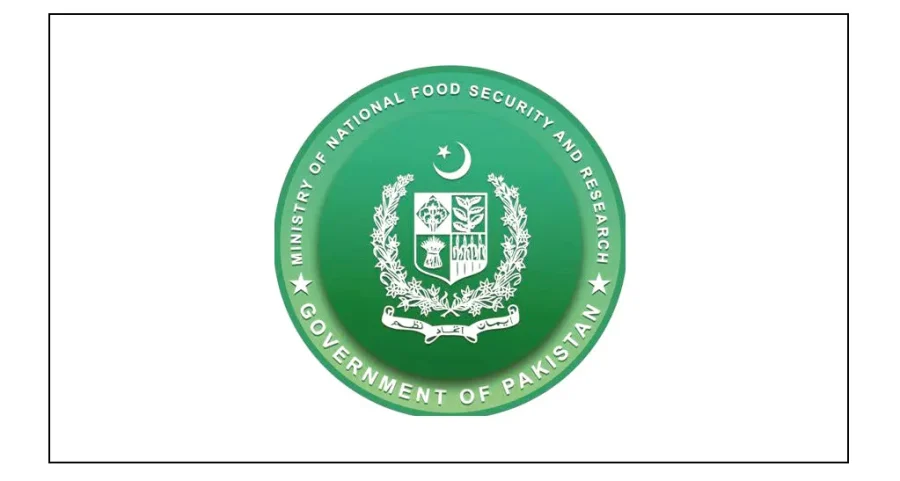Spokesperson of Ministry for National Food Security & Research has said that Genetically Modified Organisms (GMOs) refer to organisms whose genetic material has been altered in ways not occurring naturally, these modifications serve various purposes, including enhancing crop resilience to pests or diseases, boosting nutritional content, and improving tolerance to environmental conditions.
The Spokesperson said that different countries exhibit varying regulations and attitudes towards GMOs, with strict import and cultivation regulations, divergent public perceptions, and complex trade dynamics due to differing standards across nations. He said that Pakistan adopted UN sponsored Cartagena Protocol on Biosafety (CPB) which came into force in January 2000, Pakistan signed CPB in 2005 and ratified in 2009, the CPB allows production, import/export, transportation and release of modern Biotech products albeit under a set protocol.
Pakistan, a signatory to the Cartagena Protocol for which Ministry of Climate Change is the focal point, however, its national implementation involves multiple ministries, including Climate Change, National Food Security & Research, and National Health Services Regulations & Coordination in GMO oversight, the spokesperson added. He said contrary to perceptions, commercial cultivation of GMO cotton has been permitted in Pakistan since 2008, demonstrating its presence in the food chain with a commendable safety record, no adverse reports linked to GMOs in Pakistan have surfaced, emphasizing their history of safe use.
The Ministry of Climate Change regulates GMOs in Pakistan through the National Biosafety Committee (NBC) under the Biosafety Rules 2005, a scientific consensus supported by reputable global bodies like the World Health Organization affirms the safety of GMOs when appropriately regulated and approved. He added.
Countries like Brazil, the USA, Argentina, and China have embraced GMOs, significantly contributing to global agricultural production and addressing food security challenges by enhancing the crop resilience and reducing environmental impact, unlike common misconception, the EU countries are one of the largest importers of GM corn, cotton and soybean, spokesperson added.
Addressing concerns about health implications, environmental impact, export contamination, and potential lobbying influences, it’s essential to base decisions on empirical evidence, stringent regulatory procedures, and scientific consensus rather than speculative fears, he added. The spokesperson said that proposed amendments in Pakistan’s National Biosafety Rules (2005) aim to align with international standards and enhance regulations adopt dual approval approach for planting and processing respectively as enshrined in Cartagena Protocol on Biosafety concerning GMO imports, focusing on cultivation and food, feed, and processing (FFPs). He said the ongoing processes aim to ensure the safe and beneficial integration of GMOs into Pakistan’s agricultural landscape, fostering collaboration between stakeholders and authorities.
He said that scientific evidence supports the safety of GMOs, with reputable organizations endorsing their consumption, rigorous testing before approving GMO crops ensures minimal harm to biodiversity and environmental sustainability, stringent guidelines and testing protocols prevent GMO contamination in non-GMO exports, decisions should rely on scientific evidence and regulatory assessments rather than external influences or lobbying efforts and examples from China’s approach to GMO licensing highlight the stringent control and potential benefits of GMOs in meeting domestic needs.
He said Pakistan stands at a pivotal juncture regarding GMO integration into its agricultural landscape, it is pertinent to note that amendments in Pakistan Biosafety Rules-2005 and Pakistan Biosafety Guidelines-2005 were initiated in August, 2020 and all relevant stakeholders were involved in this 04 years process.










